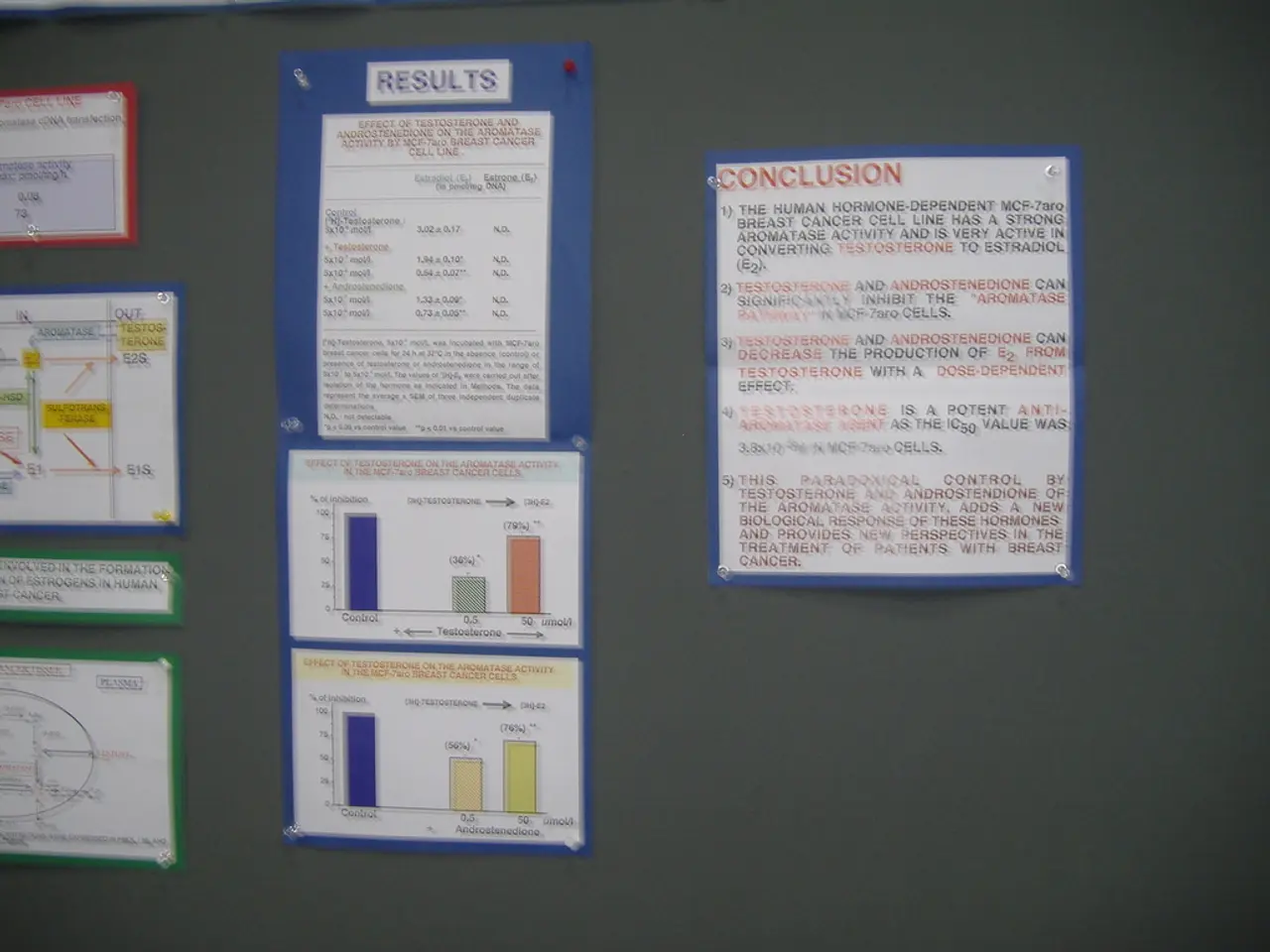Landlord's enforcement methods: a journey from gentle nudges to legal action
Evicting a Tenant with Rental Arrears in Germany: A Step-by-Step Guide
When it comes to evicting a tenant with rental arrears in Germany, the process involves several legal steps. Here's a breakdown of the key stages:
1. Termination of the Tenancy (Kündigung):
The first step is to serve a valid termination notice. For rental arrears, this typically involves a termination for cause (außerordentliche Kündigung). The landlord must inform the tenant in writing, detailing the amount of arrears and giving a deadline to pay (usually 2 weeks). If the tenant does not pay within this period or continues to be in arrears, the landlord can terminate the lease without observing statutory notice periods, especially if the arrears cover more than a month’s rent or repeated partial payments have occurred.
2. Filing for Eviction (Räumungsklage):
If the tenant does not vacate the property after the lease termination, the landlord must file an eviction lawsuit (Räumungsklage) at the local court (Amtsgericht). This is a formal step requiring legal grounds, typically non-payment of rent. The court will schedule a hearing to decide on the landlord’s claim. If the court rules in favor of the landlord, it issues an eviction order.
3. Enforcement of Eviction:
Should the tenant resist leaving after the court order, the landlord requests enforcement by the court bailiff (Gerichtsvollzieher), who physically enforces eviction, often assisted by the police if necessary. The tenant is legally required to vacate by this date.
4. Legal Debt Collection Proceedings:
Separately, the landlord can pursue outstanding rent payments through legal debt collection. This might involve sending a formal legal notice or payment demand (“Mahnung”) before or after eviction procedures. If unpaid rent persists, the landlord can initiate a debt collection lawsuit to recover arrears, typically handled by a legal professional. This is a civil claim distinct from eviction but can be pursued concurrently.
Additional Considerations:
- Tenants have strong protections under German law; eviction cannot happen without court approval.
- If a tenant acknowledges arrears and starts repayment, termination might be avoided.
- For long-term arrears, landlords can claim unpaid rent retrospectively through courts.
- The process can be time-consuming, often requiring legal expertise to navigate and serve notices properly.
Timing and Reminders:
- Rent is usually due no later than the third working day of a month, as stated in the Civil Code.
- A reminder to the tenant may be required in exceptional cases, such as when only partial payments are received.
Other Important Points:
- An eviction lawsuit is necessary if the tenant does not move out voluntarily despite a valid termination, regardless of whether the termination was immediate or ordinary.
- An immediate termination is also possible if a rent arrears situation of at least two full months' rent persists over a longer period.
- According to the Civil Code, a landlord can terminate the tenancy agreement without notice if the tenant does not pay at all or only partially for two consecutive months, or if the arrears amount to more than one month's rent.
- The prerequisite for an eviction lawsuit is a legally effective and justified termination, which can be proven, for example, by registered mail with return receipt.
- Although a reminder is not mandatory, it can be useful in documenting the default, preparing for a court reminder procedure, or providing the tenant with a clear hint if they have accidentally fallen behind.
- Initiating legal debt collection proceedings or hiring a debt collection agency is particularly useful when tenants fail to pay rent despite reminders and no agreement is in sight.
- Unpaid rent claims usually expire after three years.
- Landlords can initiate legal debt collection proceedings as soon as the tenant is in default, usually after the third working day of the month and an unsuccessful reminder.
For landlords, timely and open communication with tenants is important in case of repeated rent arrears. Debt collection agencies can relieve landlords by managing claims, for example, by sending further reminders or setting up payment plans. Legal debt collection proceedings is a formal instrument to obtain an enforceable title, particularly suitable for uncontested claims.
In the realm of finance and business, landlords facing tenant rental arrears in Germany must navigate a series of legal steps to recover their property. Beyond filing for eviction (Räumungsklage) and enforcing eviction, landlords can pursue outstanding rent payments through legal debt collection, even initiating legal debt collection as soon as a tenant is in default. Effective communication with tenants and perhaps engaging a debt collection agency can aid landlords in managing rental arrears.




